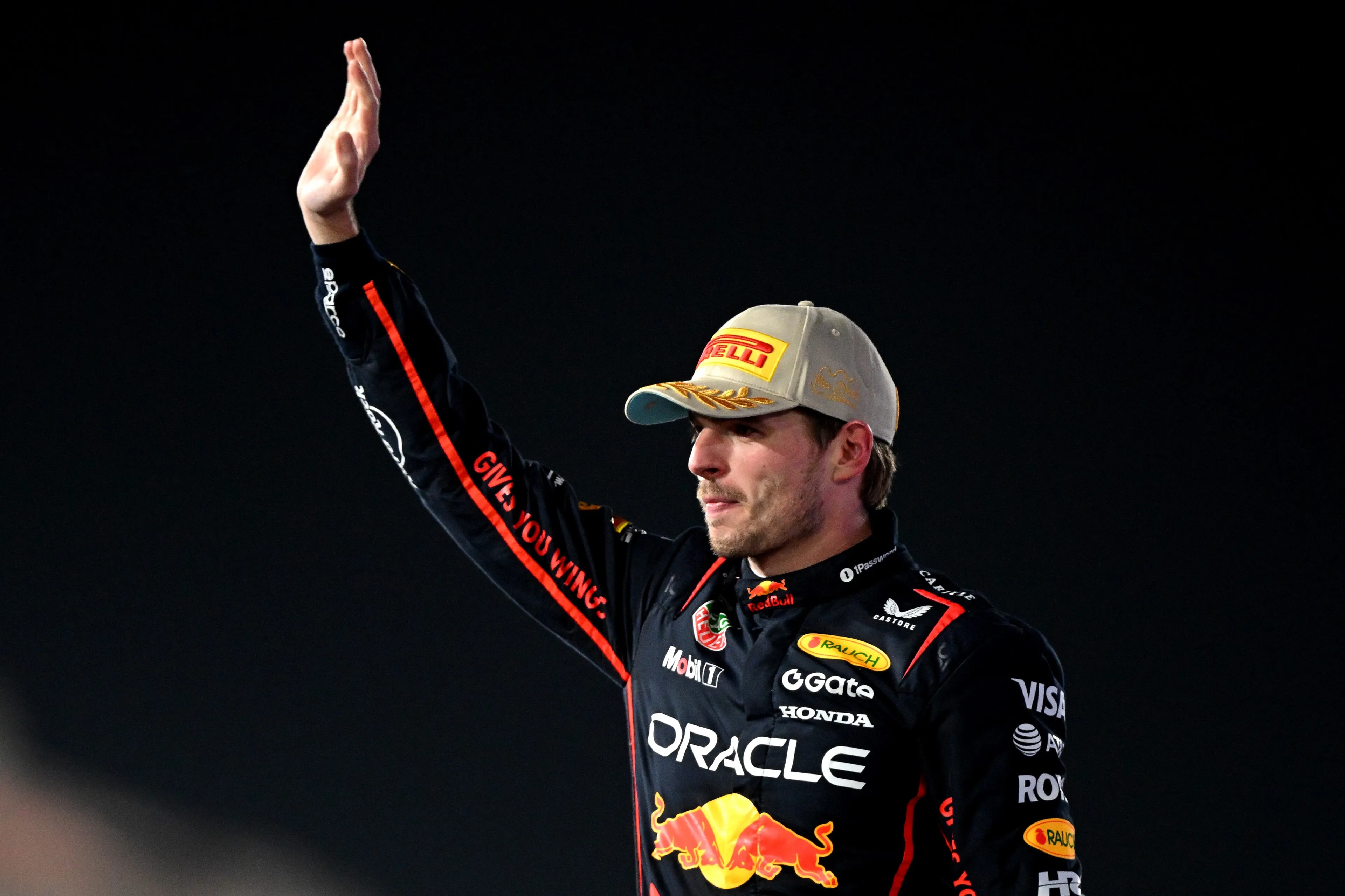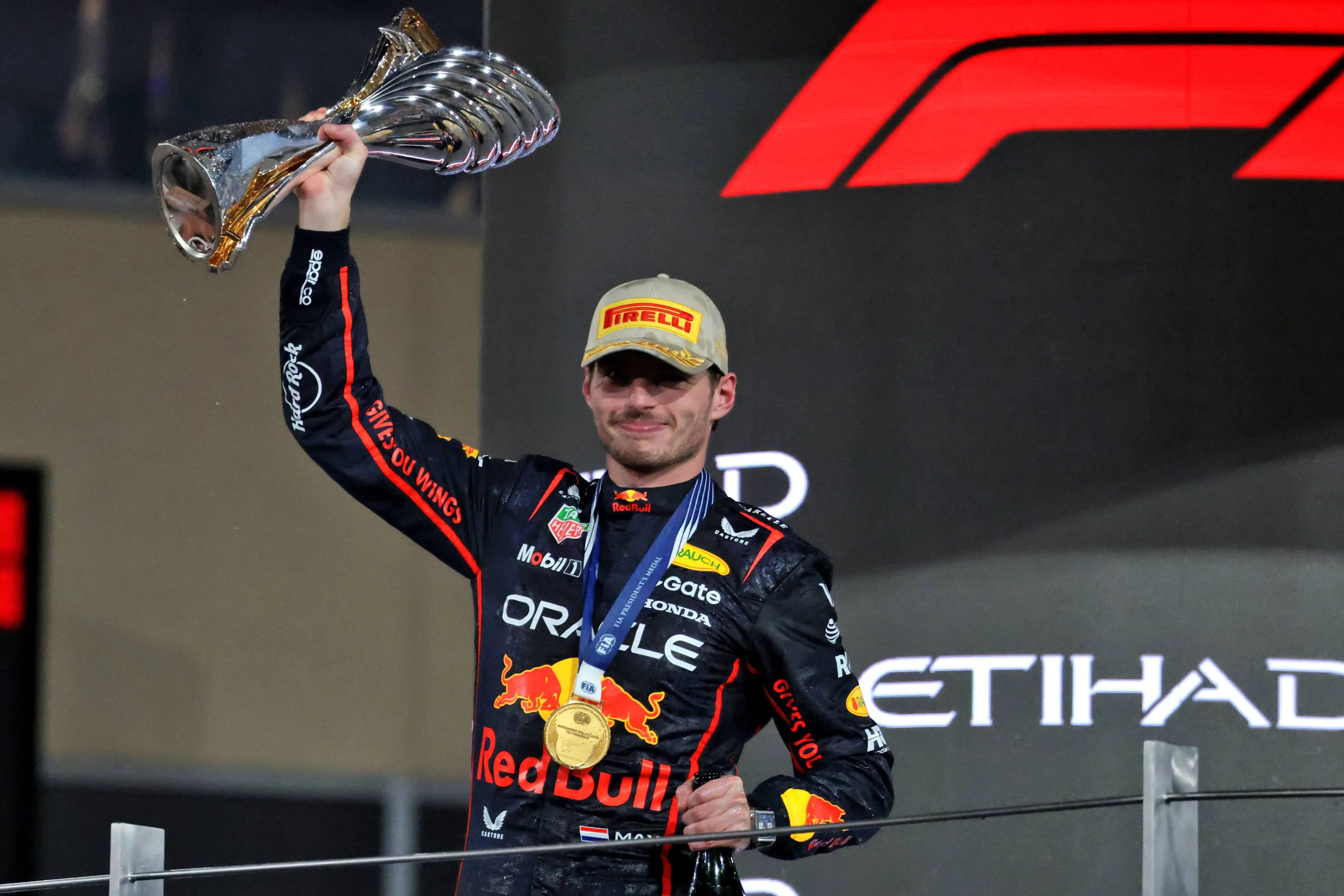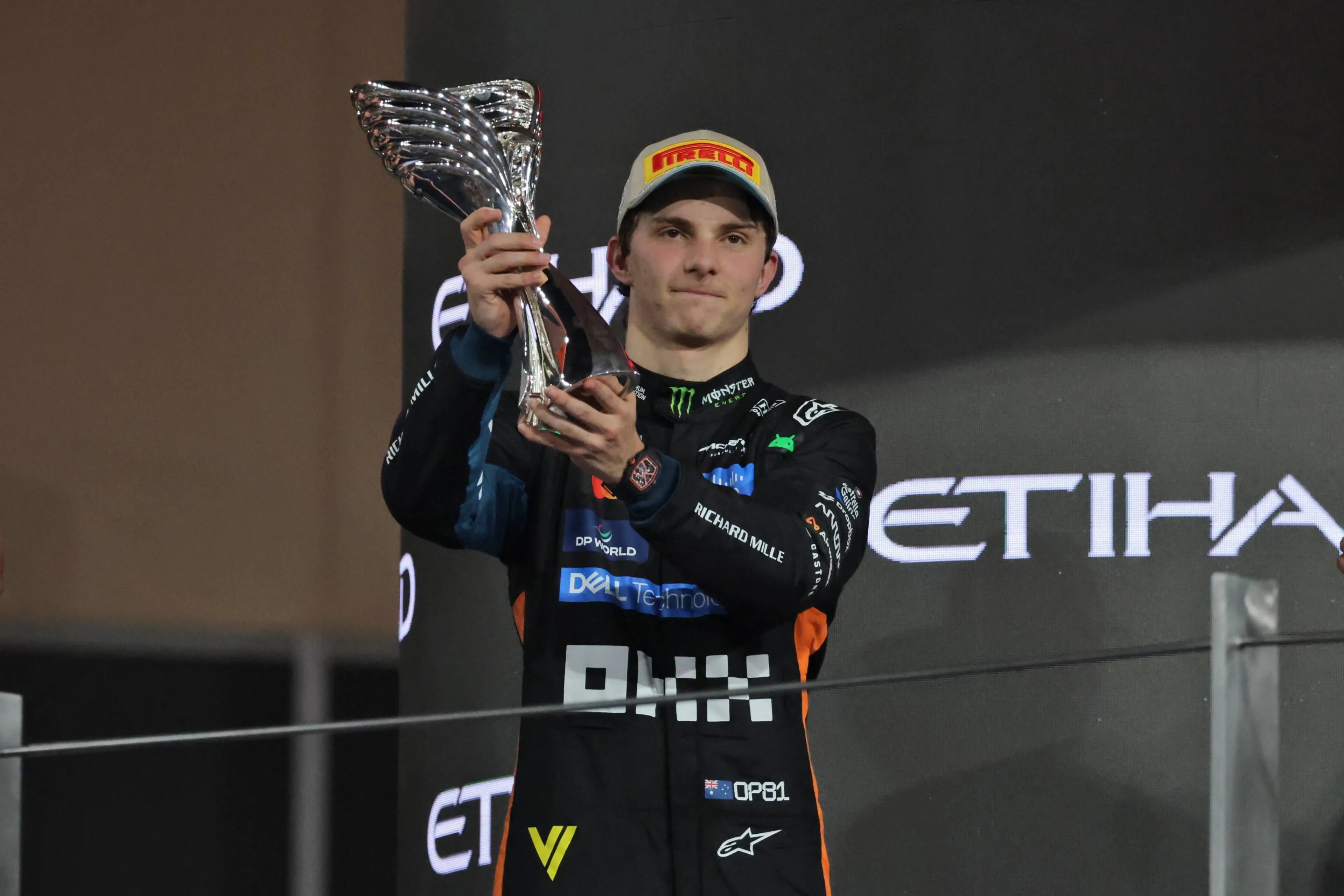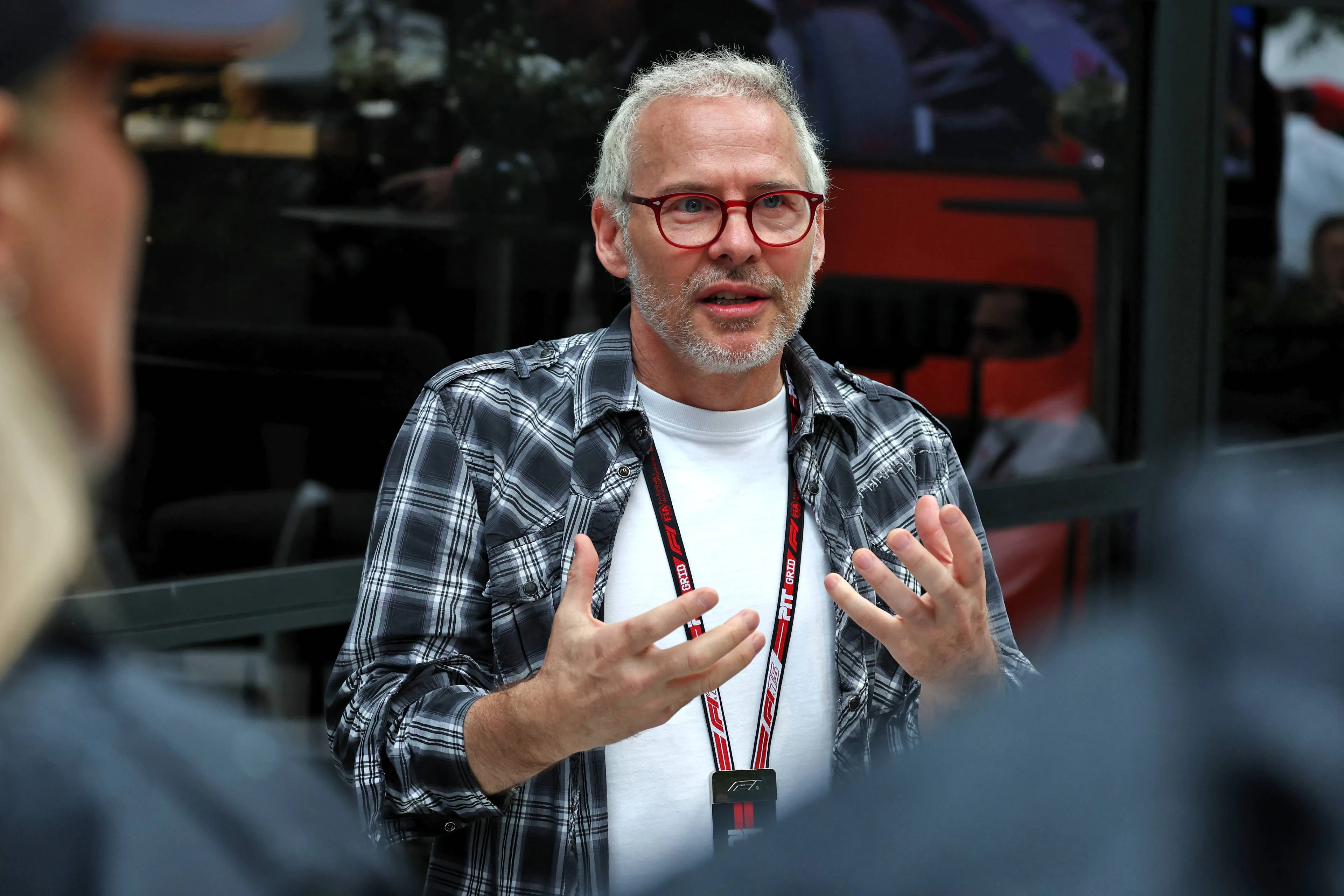Jacques Villeneuve
Often portrayed today as the eternal complainer who is always critical of the young driver on the Formula 1 grid, such as Max Verstappen, former world champion with Williams, Jacques Villeneuve followed in the footsteps of his father, Gilles Villeneuve, and not only achieved success in the pinnacle of motorsport.
Like Father, Like Son
Jacques Villeneuve was only eleven years old when his father passed away. During the 1982 Belgian Grand Prix, held at Zolder, Gilles Villeneuve was involved in a collision with Jochen Mass and tragically lost his life. A few years later, the young Jacques appeared at the Imola circuit, first in a kart, and later in a car in Formula 4.
Through the Toyota Atlantic series in America, Villeneuve made his way to IndyCar, where he finished second in the Indy 500 in 1994. One year later, he achieved victory, narrowly beating Christian Fittipaldi, the nephew of racing legend Emerson.
Formula 1 with Williams
While Williams is now at the back of the grid, in the mid-1990s, the Grove-based team was highly successful. Jacques Villeneuve joined Williams in 1996, alongside Damon Hill, and immediately made an impression next to the F1 veteran. Although Hill ultimately won the title, Villeneuve kept the championship fight alive until the penultimate race — an outstanding performance for a rookie.
The following year, Hill was no longer at Williams, and Villeneuve found himself in a season-long battle with Michael Schumacher. The rivalry culminated in a dramatic ending, as Schumacher was disqualified for an incident in the final race of the season (pushing Villeneuve's car off the track was heavily penalized by the stewards), allowing Villeneuve to claim the championship.
From 1998, Williams' performance started to decline, making it impossible for Villeneuve to defend his title from the first race. He finished no higher than 5th in the championship, leading to a switch to BAR.
A Quiet Decline
The move to BAR turned out to be a poor decision. Podium finishes only came in 2001 (in Spain and Germany), with a string of disappointing results that Villeneuve had not been accustomed to. Less experienced teammates regularly outperformed the veteran, with the 2003 season being a low point. Jenson Button, in the midst of his rise in Formula 1, became the established driver, and Villeneuve became the first victim.
In 2004, Villeneuve raced only three times as a substitute at Renault before moving to Sauber in 2005. Even with the Swiss team, Villeneuve failed to make a strong impression, and the Canadian slowly faded from the spotlight.
Beyond Formula 1
In the years following his active Formula 1 career, Villeneuve stayed far from idle. In 2010, there were rumors about his return to Formula 1 with his own team, while participation in smaller racing series as a driver was also a rare but notable departure. During the 2015/2016 Formula 1 season, the Canadian was briefly on the grid but left the Venturi team before the year ended.
In 2019, Villeneuve launched his own development program, called Feed Racing. This initiative aimed to give drivers without the financial backing to reach the top a chance to prove themselves, with a spot in British Formula 4 as the reward for the winner. According to Villeneuve, the top of motorsport is reserved for those who have money, and talent has become "merely a secondary factor." Dutch driver Marijn Kremers ultimately won the first season of Feed Racing.
Popular on GPBlog
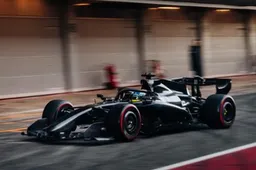
1
Aston Martin's 2026 F1 livery launch: How to watch the unveiling live
2435 times read
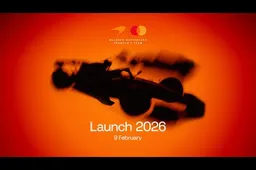
2
McLaren's 2026 F1 livery launch: How to watch the unveiling live
1382 times read
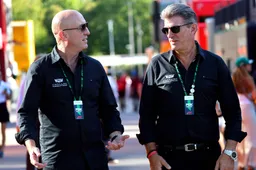
3
Cadillac CEO Dan Towriss 'disappointed' after team hit with multimillion-dollar lawsuit
1252 times read
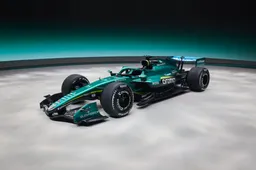
4
Adrian Newey moved to tears by first Aston Martin F1 car
921 times read
Loading
